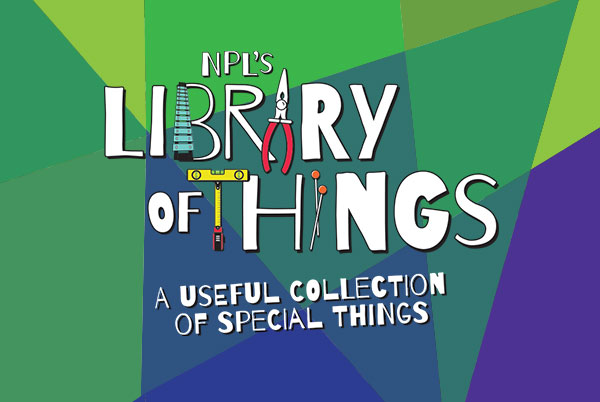
The Main Library remains closed to fulfill independent safety verification requirements.
A. Philip Randolph (1889–1979) spearheaded the original 1941 March on Washington movement before organizing the now famous 1963 event in which Martin Luther King, Jr. gave his “I Have a Dream” speech.
He was also the leader of the Brotherhood of Sleeping Car Porters — the first Black-led union to be accepted into the American Federation of Labor. His passion for equality even caused the Wilson administration to label him "the most dangerous negro in America" in 1919.
The first meeting of the Brotherhood of Sleeping Car Porters — “the greatest labor mass meeting ever held of, for and by Negro working men,” according to the Amsterdam News — occurred nearly 100 years ago now. But the union's values of seeking economic equality echo fiercely in our world to this day.
If you’re an educator, consider incorporating A. Philip Randolph into your civil rights curriculum. Below we've compiled a list of key dates and resources available through the library.
Co-founded radical civil rights publication The Messenger with Chandler Owen and became involved in labor organizing.
Organized the Brotherhood of Sleeping Car Porters union and with the help of new amendments to the Railway Labor Act, successfully re-negotiated worker contracts with the Pullman Company in 1937.
Started the March on Washington movement with Bayard Rustin and A.J. Muste, resulting in the Fair Employment Act (Executive Order 8802) which prohibited employment discrimination in the national defense industry.
Organized the Committee Against Jim Crow in Military Service and Training (which would later become the League for Non-Violent Civil Disobedience Against Military Segregation) with Grant Reynolds, resulting in Executive Order 9981 which abolished racial segregation in the Armed Forces.
Organized the Prayer Pilgrimage for Freedom, a nonviolent demonstration urging the government to abide by the Brown vs. Board of Education decision, with Bayard Rustin and other civil rights leaders including Martin Luther King, Jr., who gave his “Give us the Ballot” speech at this event.
Organized the March on Washington for Jobs and Freedom with Bayard Rustin and other key civil rights and labor leaders. This is the event where Martin Luther King, Jr. delivered his “I Have a Dream” speech.